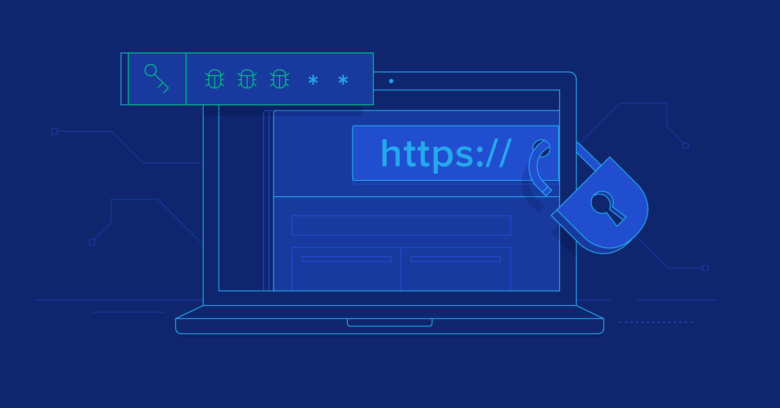Since knowledge resources are the foundation of enterprises’ competitive advantages, we risk losing those advantages to acts of theft, abuse, or natural disasters if we do not have proper security measures in place. Given the current status of the economy, preserving information assets is a critical issue. When we must function in a scattered and diversified environment, preserving the security of our information becomes a bit challenging.
What Is a Knowledge Base?
According to JFrog, a knowledge base is a digital library that gives your employees, clients, or business partners the ability to do research on a particular product, service, department, or topic.
Your knowledge base may include data gathered from several sources. Those who are knowledgeable about the subject matter are usually the ones who add to and increase the breadth of the knowledge base. The materials may cover a broad range of subjects, such as in-depth review of how a certain product works or the inner workings of your company’s legal and human resources departments.
Kinds of Knowledge Bases

The majority of knowledge bases fall into one of these five categories.
1. Internal Knowledge Base
Your company will build a knowledge base specifically for the use of its staff, so that they may access information whenever it’s required.
2. Hosted Knowledge Base
Your team, as well as your customers or stakeholders, may access the data that has been gathered and kept in a hosted knowledge base, which preserves the information well and allows you to easily search for what you need.
3. Self-Hosted Knowledge Base
The servers that belong to your business house have this kind of knowledge base. If you pick this option, you will have more control over the system’s uptime, privacy, and security, but you will also be responsible for monitoring any complaints and fixing any issues that may arise.
4. Open-Source Knowledge Base Software
Everyone has unrestricted access to open-source information sources, which may or may not be free. Open-source knowledge base software may be useful if your organization wants to allow its developers or programmers to change the source code to meet the needs of the business.
5. Customer Service Knowledge Base
A knowledge base for customer service compiles and organizes information in a way that makes it simple for customers to access and use. It is also known as a “customer knowledge base” and is a repository for information about a business and/or product that is open to the public. This type of knowledge base is not suitable to provide sensitive or personal information here.
Key Steps to Protect Your Knowledge Base

To adequately safeguard your knowledge base from the different hazards that are currently present, you must have a good awareness of the several security measures that may be employed for complete protection. We will lead you through key methods for increasing the security of your knowledge base.
1. Select SOC 2-Compliant Providers
Regardless of the kind of protection you employ to safeguard your corporate network, the security of your data is only as robust as the service providers with whom you do business. As such, you have a responsibility to ensure that any third-party organization that you choose adheres to the appropriate security requirements. While searching for the best information management system, it is essential to go beyond the capabilities offered by the program and assess the procedures followed by the provider.
The SOC 2 was created by the American Institute of Certified Public Accountants (AICPA). Its goal is to make sure that any service vendors you use secure your data in every way possible. It is important to make sure that a SaaS provider, especially one for a knowledge base, has SOC 2 certification before choosing them.
2. Give Each Team the Necessary Permission
For high levels of performance, it is without a doubt important to be able to store information about the company in a way that makes it easy to find and keep track of. Despite this, the vast majority of the most sophisticated cybersecurity best practices endorse the zero-trust concept.
Users should only be given the level of access they need to do the tasks that have been given to them. This is one of the most important tactics for developing zero-trust security. To put it another way, teams should have access to whatever resources they need to properly carry out their responsibilities. However, this does not imply that teams should have immediate access to all sensitive data kept by the company.
Setting permissions based on things like experience level or security clearance is one of the best ways to keep your knowledge base safe and stop bad things from happening. You could also make many versions of your knowledge engagement platform or set up different groups within the same system to stop unauthorized people from getting to important information.
3. Train Your Staff

Even permitting limited access to sensitive data is not always enough to stop mistakes and wrong data handling. To protect the safety of your knowledge engagement platform, it is critical to regularly educate and retrain your team on knowledge base security practices. This is particularly critical if any of your staff work from a distant location.
Before accessing your knowledge base, the most basic level of cybersecurity hygiene points out that all devices should have the most recent version of the organization’s antivirus software and that it should be up to date. While you are away from your workplace, it is essential to use a virtual private network (VPN) anytime you connect to a public wireless network.
Conclusion
A knowledge base is simply an online resource that holds data as well as tools for updating and sharing information inside a company. This kind of knowledge base may be kept on a local server or the internet’s cloud. This optimizes the collection of information pertinent to the issue at hand while also providing controls that govern how employees in an organization use the data made available to them. In light of the fact that the frequency with which cyberattacks are carried out against high-profile organizations all over the globe is rapidly rising, it is of the utmost importance to safeguard your knowledge base by adhering to the procedures described above.


